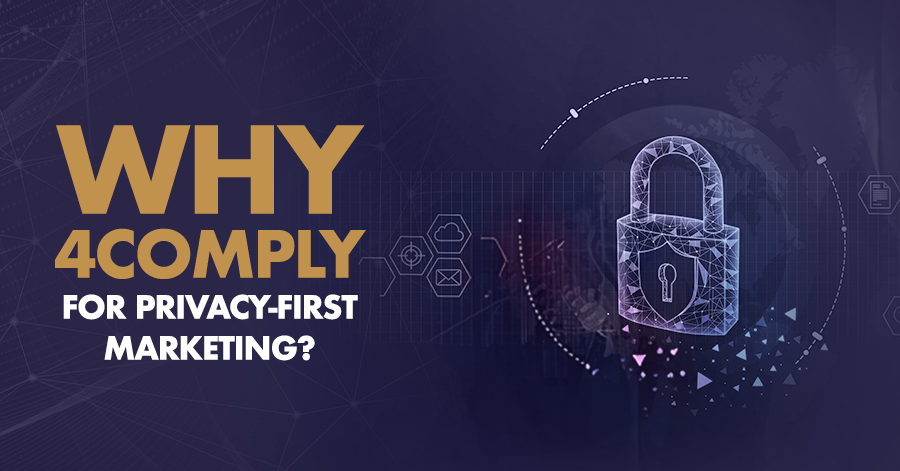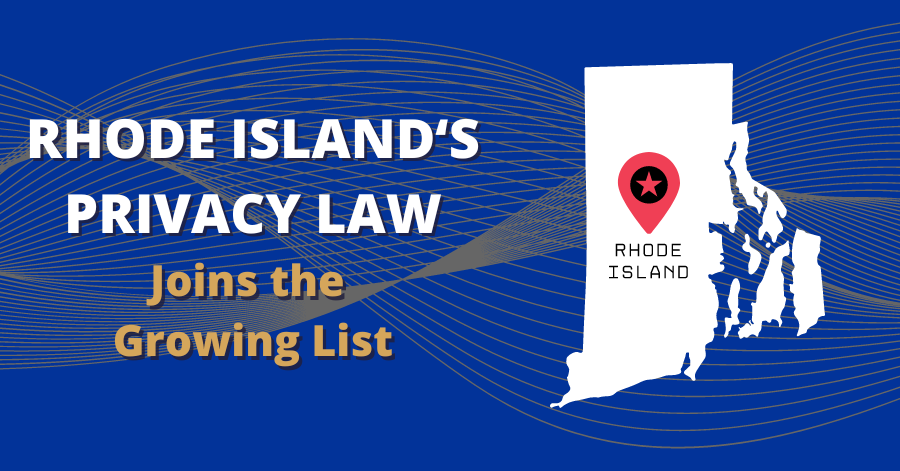Building Customer Loyalty Through Privacy & Transparency


Consumer data is the lifeblood of businesses in the internet age. It provides valuable insights into consumer behavior and preferences, allowing organizations to create personalized and targeted online experiences.
However, despite the potential benefits, studies indicate a decline in consumer trust regarding data protection policies. One particularly concerning survey from 2022 found that 74% of consumers reported that their trust in companies to keep their personal data safe has declined or remained unchanged since 2017. Meanwhile, 64% of consumers reported feeling like they had no choice but to share their data for the services they needed, even if they don’t trust the company in question.
These findings call for a closer examination of the reasons behind collecting consumer data, the responsibilities it entails, and the steps organizations can take to build and maintain trust.
The Opportunity: Improving Consumer Engagement
The data collected from consumers presents both opportunities and responsibilities for organizations. On the one hand, it offers a chance to enhance consumer engagement by understanding their pain points, unmet needs, and interests. Valuable information such as browsing activity and device preferences enables companies to develop new products and services that cater to specific consumer demands. Moreover, consumer data plays a crucial role in the highly lucrative fields of advertising and marketing, with the global digital advertising industry estimated to be worth over $185.17 billion.
The Responsibility: Safeguarding Consumer Data
As e-commerce and technology continue to grow, consumers find themselves in situations where they must provide personal information online, ranging from financial details to medical records. Consequently, consumers are becoming increasingly aware of the importance of data protection and demand transparency regarding the collection, use, and storage of their personal information. Organizations must address these concerns by explaining the purpose of data collection, allowing consumers to opt out of certain data collection or sharing practices, and implementing robust cybersecurity and privacy measures to protect data from unauthorized access and breaches.
Regulatory Landscape: Strengthening Consumer Rights
In response to the growing need for data protection, privacy regulations have emerged worldwide, reinforcing consumer rights and safeguards. Prominent regulations include the General Data Protection Regulation (GDPR) in the European Union, the California Consumer Privacy Act (CCPA), the Virginia Consumer Data Protection Act (VCDPA), and the Personal Information Protection Law (PIPL) in China. These regulations signal a shift in expectations between consumers and organizations, emphasizing the need for transparency in data usage and distribution.
Data Protection as a Business Advantage
In the business world, trust plays a crucial role in shaping brand reputation, which in turn influences a company’s success and growth. Establishing a genuine and honest connection with consumers cultivates brand loyalty and provides a competitive edge. Data protection has become a fundamental component of consumer trust, influencing purchasing behavior. As a result, concerns about security practices and unauthorized data sharing can lead to a loss of trust and potential customers.

Building Customer Loyalty: Key Steps
Organizations aiming to build and maintain consumer trust should focus on transparency and timely responses when it comes to data collection and security. Maintaining an up-to-date data privacy policy and displaying appropriate consent banners based on the user’s location promote transparency. Additionally, organizations should:
- Gain comprehensive insights: Understand the tracking behavior on your website, identify compliance risks, conduct regular privacy audits, and manage consent for data tracking to provide a secure and efficient digital experience.
- Provide seamless consent experiences: Meet global consent requirements and customize the consent process to align with your brand, ensuring clarity and ease of use for consumers.
- Automate data subject requests: Implement automated workflows to streamline data subject requests, enabling accurate and timely responses that align with your brand’s standards.
- Stay informed about privacy changes: Stay up to date with evolving privacy regulations by leveraging customizable regulatory guidance tools. Tailor the guidance to your business needs to deliver the best privacy experience continuously.
Ultimately, organizations should communicate their commitment to data protection and privacy, making it an integral part of their brand reputation. Regardless of the strength of an organization’s privacy program, effective communication and awareness are necessary to earn consumer loyalty and competitive advantage.
Privacy: Building Trust Through Compliance
Consumer willingness to share personal information hinges on the perceived value proposition. The best way for companies to tap into this willingness and gain customer trust is to prioritize data privacy and protection. By demonstrating a commitment to safeguarding consumer data, organizations can forge stronger connections with their customers, enhance their brand reputation, and secure a competitive advantage in the digital age. Contact our team of privacy experts today to learn more.



